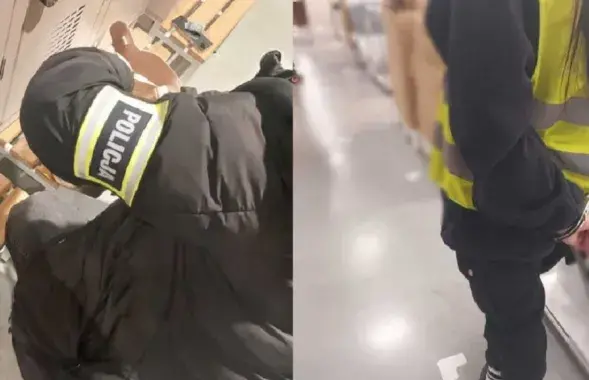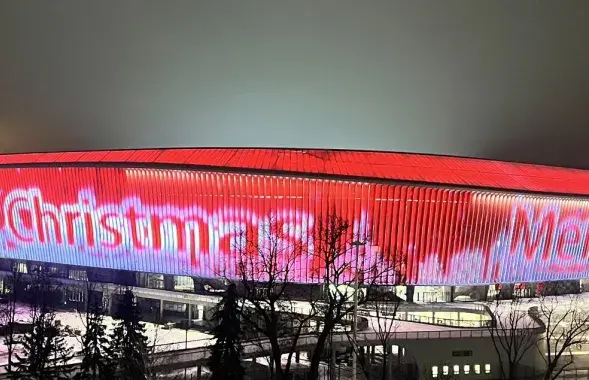History tests include questions about Customs Union and National library
...and just several questions on the history of the GDL and Rzeczpospolita. Euroradio's correspondednt visits the Belarusian history test.
“You've got long hair, they may check your ears at the entrance to the class to make sure you don't have headphones,” I got an unexpected warning in the dressing room of the Linguistic University where I took the Belarusian history test.
158 people took the test in the Belarusian language, 1168 - in Russian. They let me keep just a pen and my passport, didn't touch my ears though.
Easy questions came first, complicated ones followed. Most of the tasks in my variant of the test were dedicated to the BSSR epoch, the war and the modern times. The test creators were even interested in the goals of the Customs Union, the latest referendum and the opening of the National library.
As for the times of the Great Duchy of Lithuania and Rzeczpospolita, there were very few questions, mostly about culture, education and art.
“Most of the questions are from the academic program of the 10th grade, which is, from October Revolution to the end of the Second World war. Contemporary Belarus - about 3 questions. Very few questions about the primitive society. As for the GDL and Rzeczpospolita, there are also very few questions. They ask more questions about Belarus' being a part of the Russian Empire though," tutor Andrei Lutsevich evaluates this year's tests upon his pupils' observations.
The tutor says it is better to choose "the most beautiful option" when it comes to the questions on contemporary history.
The tests include several questions in historical geography, when they add a schematic map to a question. There are also many tasks on chronology, rural reforms, education and religion.
“Current tests are much better in comparison with the very first ones, which had many double-sided questions. This year's tests are 85% close to the school academic program.The tests also includes problematic tasks, like, definition of preconditions of a certain historical event. This provides an opportunity to involve logical thinking. The only thing is, the latest textbooks in the Russian language cannot be called perfect," says historian Valyantsin Mazets.
He adds that it is impossible to get many points in these tests by pure guessing, but the 20 points that are necessary to enter a university can be earned "by luck".
The second part of the test, where you are supposed to write down the correct answers to the questions, contains questions about the war, art and even the GDL. For example, you should name the operation on liberation of Belarus, the author of the first court law book and the founder of the art school in Vitsebsk.
It took me about an hour to cope with all tasks. When I left, more than half of the applicants still stayed in class. As a result, I got 47 points out of 100, with no preparations but with a diploma of a historian.
This year, 6 people passed the test in the history of Belarus with 100 points, 3 people - with zero points.
Photo by news.tut.by




















